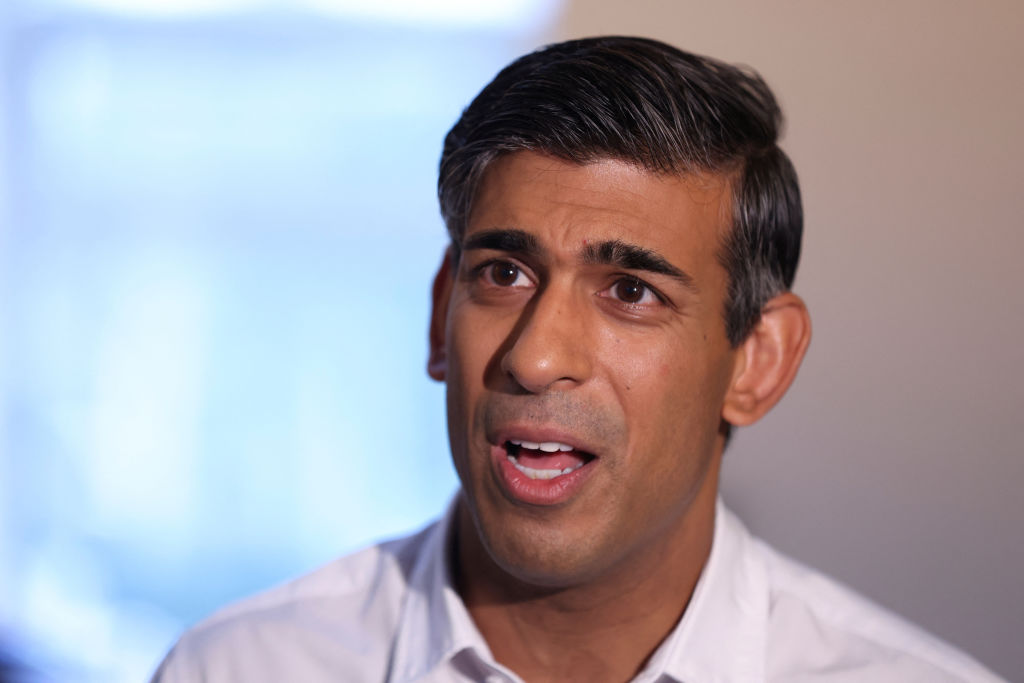The government has just been defeated in the Commons for the first time since Rishi Sunak became Prime Minister. It wasn’t on one of the issues Sunak and his camp fret most about: it was on compensation for victims of the contaminated blood scandal. It was close: the government lost by just four votes on an amendment to the Victims and Prisoners Bill by Labour’s Diana Johnson. The new clause passed 246 votes to 242, with 23 Conservatives backing the motion.
Johnson was calling for the government to establish a new body chaired by a High Court judge to administer compensation for victims, and that this would be done within three months of the Bill being enacted. Compensation has been repeatedly delayed, and ministers argue that while they accept the need for compensation, they must wait for the publication of the public inquiry into the scandal before giving a proper response.
Why didn’t enough Tories buy that argument? Johnson is a very good cross-party campaigner, and is in large part responsible for the inquiry happening at all. She had been pushing for it for years, and saw an opportunity when Theresa May was negotiating for a supply-and-confidence agreement with the DUP in 2017. The DUP signed up to a call for a public inquiry while the talks were still going on, and May agreed that one should be set up for fear it could derail her entire government.
Johnson is a very good cross-party campaigner
Sunak has tried to steer clear of any votes that derail his authority by leading to a defeat which highlights how hollow his majority is, which is why he claims to make long-term decisions while doing nothing meaningful on planning reform. This issue is not a political hot potato in the same way, and Johnson’s success in persuading Conservatives to sign and back the amendment came in part because she is well practised in making issues seem non-partisan, but also because Conservative MPs just didn’t believe that by the time the inquiry published next year, there would be much time for the government to start the compensation scheme before an election. The case for holding out had not been made properly to them.
The contaminated blood scandal began in the 1980s, but it has still not been resolved today. One of the reasons is that it has rarely been politically expedient to take action immediately: the scandal was never really explosive and political salient in the way that others have been, despite the appalling way in which the use of blood products for haemophiliacs and people receiving blood transfusions cut their lives short – and ended them in a painful and often very lonely manner. The stories of the bereaved families and living victims of the scandal at the public inquiry have been horrifying: but what also seems to have horrified enough Tory MPs tonight is that there has still not been the sense of urgency from their government to crack on with compensation for those left waiting.
Full list of Tory rebels here: Duncan Baker, Peter Bottomley, Robert Buckland, Rahman Chishti, Tracey Crouch, Kevin Foster, Marcus Fysh, Damian Green, Adam Holloway, Andrea Jenkins, Julian Lewis, Tim Loughton, Nigel Mills, Damien Moore, Anne Marie Morris, Holly Mumby-Croft, Caroline Nokes, Chloe Smith, Henry Smith, Julian Sturdy, Kelly Tolhurst, Justin Tomlinson, Robin Walker.







Comments